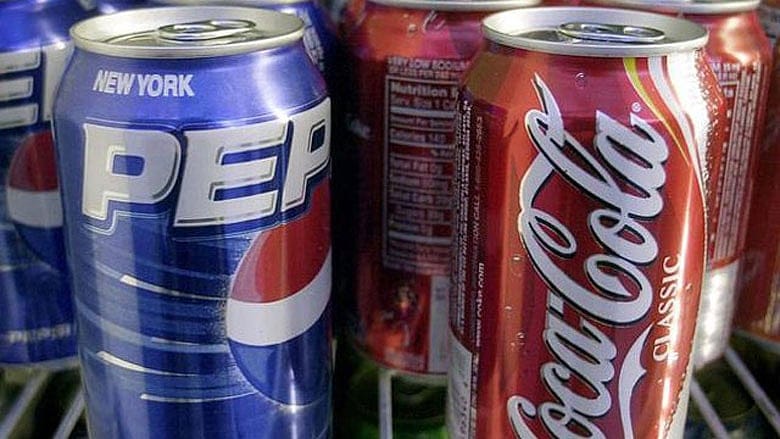DeLauro’s sour on sweet

On the heels of Philadelphia's misguided soda tax, former New York Mayor (and well known soda scold) Michael Bloomberg (who financed the pro-soda tax campaign in Philadelphia) announced he will fund new soda tax measures in San Francisco and Oakland, California. And now, just in time for those hot summer months, a prominent New England Congresswoman is renewing calls for a national tax on sweetened beverages.
Rep. Rosa DeLauro (D-Conn.) first introduced her SWEET Act (cute!) in 2014, which would create a national sugar-sweetened beverage tax. Happily, for grown adults who enjoy the freedom to choose what to drink, the bill stalled in Congress. Yet, now, many believe there's momentum for this type of nanny state legislation.

